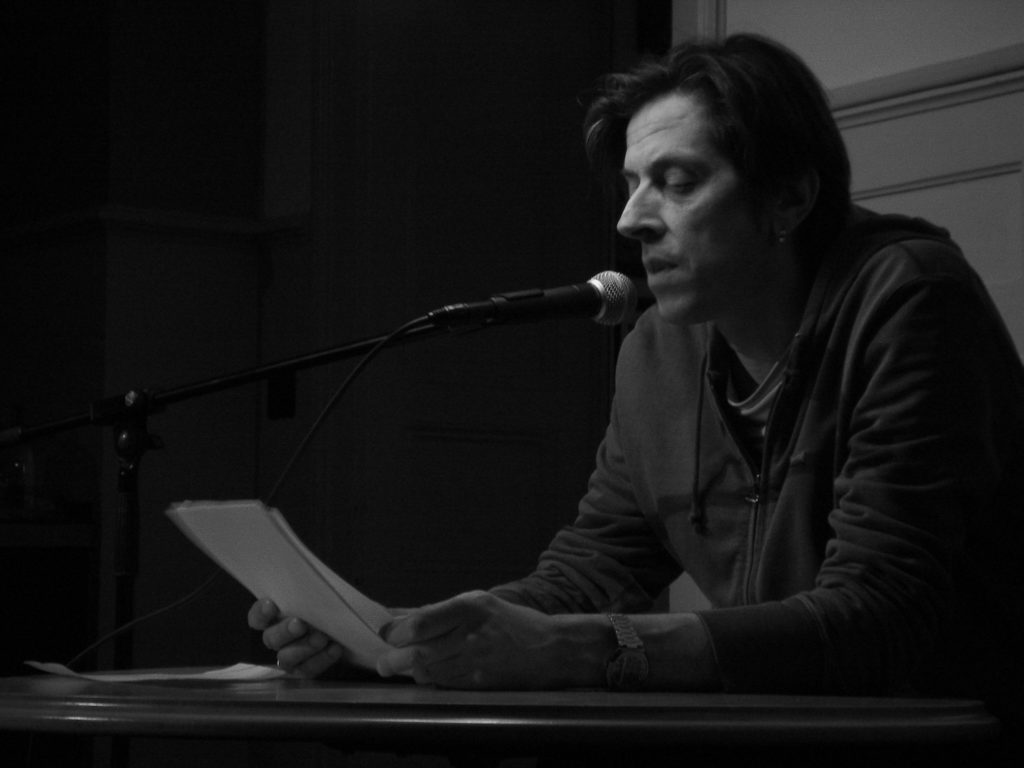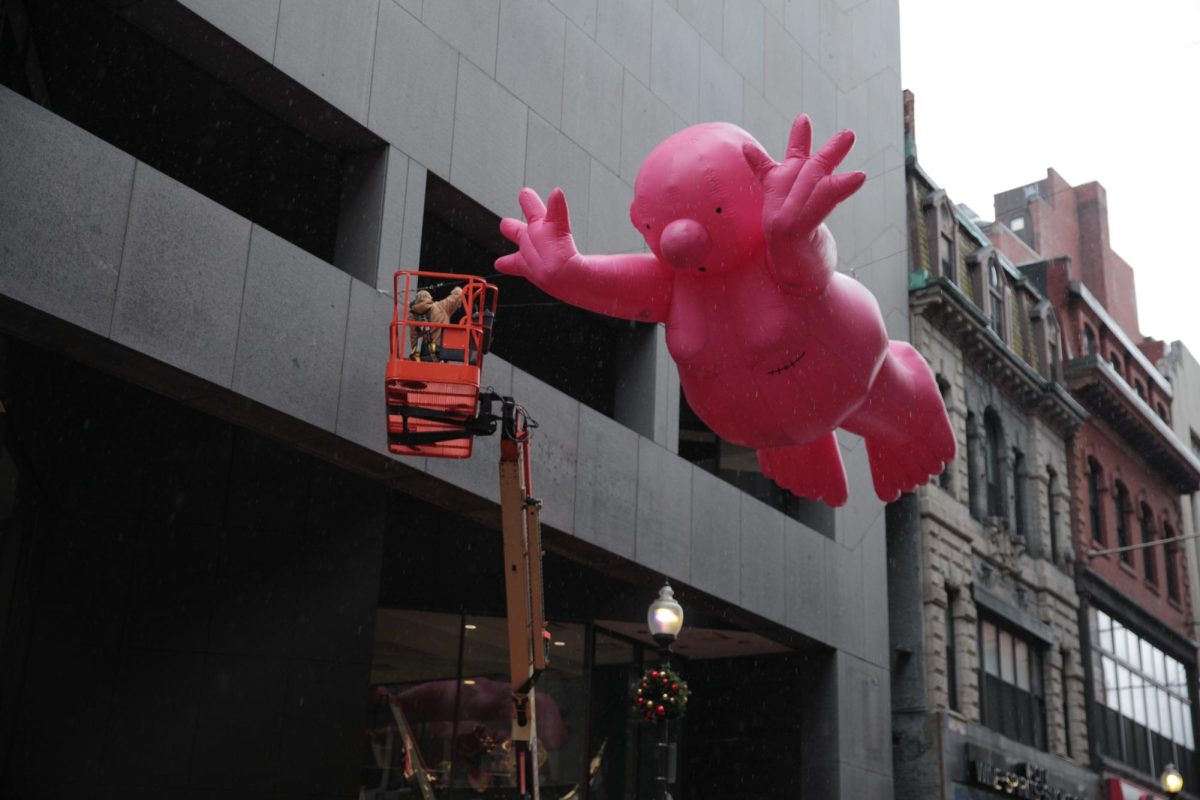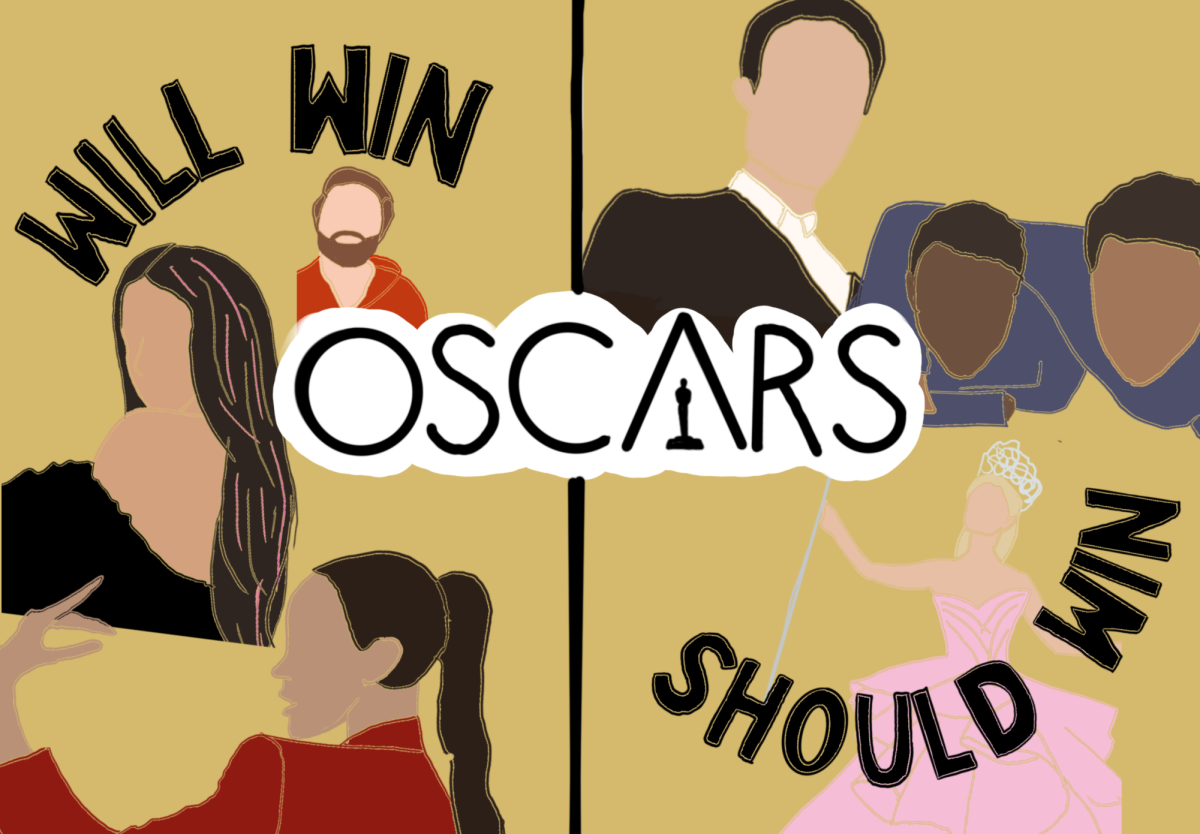By Jose Castillo, Staff Writer
Rhymes, snaps and claps created an ambience of community within the walls of Haley House as performers spoke about social justice, personal struggles and general pop culture to the crowd.
Haley House, a local nonprofit organization dedicated to building connections within communities, provides people with opportunities of financial independence. As part of this effort, House Slam, Boston’s venue located in the heart of Dudley Square, hosts poetry events the second and fourth Friday of each month at its bakery café to open dialogue about struggle.
“Me and my best friend – who was a poet in the Boston area – did a lot of poetry together,” Porsha Olayiwola, slam master and the event’s emcee, said. “There was a space that seemed threatening to our existence as black women, and we cared a lot about the art and the movement, so we started one here.”
The event, which took place on Friday, March 11, started with the slam’s emcee vocalizing a set of rules that drew from an overall sense of respect – a quality highly valued in the slam community. These rules also set a tone of openness that those not familiar with slam poetry may not be accustomed to.
Sheridan Jones, a sophomore at Wheelock College, was selected first to perform in the open mic. After nervously acknowledging that she had “eff’d” herself by putting her name first on the list, she took a performing posture and sternly began to slam about the difficulty of growing up in poverty.
“Maybe it be easier if you were in reach, but s***, you’re just too many tax brackets above me, and capitalism says it’s not the government’s job to love me,” Jones said. “The only thing atheism prays for is the rent to be on time, winning lotto tickets and swiftness on the Green Line.”
Audience members snapped and nodded their heads in affirmation.
“That’s the hard thing about a poem like this,” Jones said about her performance. “I don’t want anyone to know what it feels like to be in this situation, but there’s this beautiful sense of validation when you do get that. I didn’t expect it, but it was really good – it’s what I needed.”
As the night continued, poets spoke about scenarios of isolation, coming of age and growing old. Musical performance by two local rappers, The Vanguard and Chi Sees, added to the night’s open feel.
“[Slam Night] gives people the ability to use their creativity, speak their mind,” The Vanguard said. “It’s important for people to know that there’s a place like that.”
The open mic session ended with Olayiwola performing her own poem about growing up in Chicago, her mother and a past relationship.
The event then turned to the night’s featured poet, Paul Tran.
“It is a deep honor to be in their house, and a deep honor to be with them,” Tran said, referring to previous slammers.
The son of a Vietnamese immigrant, Tran is a spoken word poet who has won numerous awards from slam poetry organizations.
“I came back to life, to face everything that had ever happened to me,” Tran said. “Everything that ever happens to me makes me who I am, and I am still right here.”
Tran’s topics range from capitalism and colonialism to rape and trauma.
“It’s a community thing,” Olayiwola said. “The poets are giving, speaking their truth and the audience has to give back, even if giving back is just listening. I love that aspect.”
The night ended with a slam contest. Four teams of volunteer audience members judged competitors, which after each of two rounds were given a score of one through ten. The battle between four poets introduced an array of topics, from Beyonce’s halftime performance to Donald Trump’s presidential campaign.
“It’s competitive,” Olayiwola said. “There’s a skill to it, and it’s challenging. It’s a sport and an art.”
Photo courtesy Christian Michel, Creative Commons










